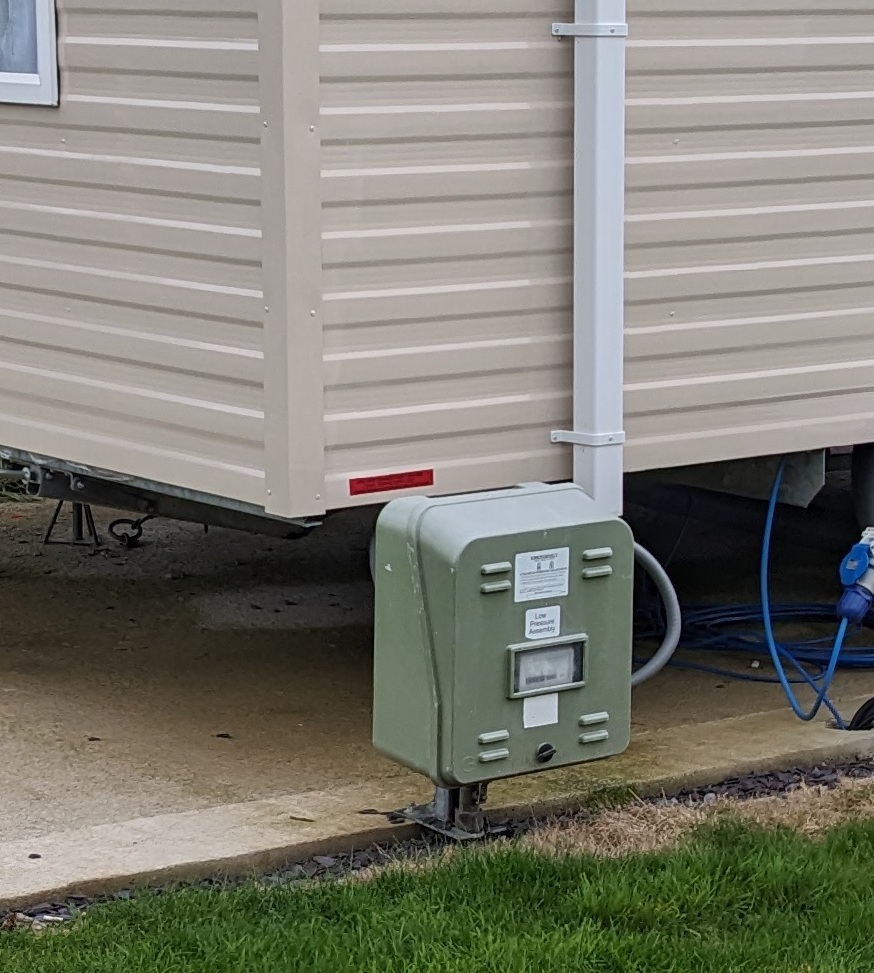Static Caravan LPG Gas Test
It is a legal requirement under regulation 36 of the Gas safety (installation and use) Regulations 1998 (GSIUR) for anyone letting out their static caravan holiday home to have an annual ‘landlords’ gas safety record. It is also generally a condition of caravan park rules and a stipulation on most insurance policies.
A ‘landlord’ under the definition of UK gas regulations is anyone who lets out their caravan, this includes to friends and family. Our advice is to have a gas safety test annually for peace of mind, regardless of the legal situation.
The gas safety record is often referred to as a landlords’ inspection, gas safety test or gas safety certificate. All these are different names for the same test which follows the steps prescribed under GSIUR regulation 26(9).
Under GSIUR regulation 36(6B) the gas safety record must be displayed in a prominent position within the caravan, common practice is to use the inside of the caravan boiler cupboard door.
Frequency of Static Caravan Gas Test
Static caravan gas testing must be done annually, however a valid test can be renewed up to 2 months before the expiry date and preserve the original anniversary of the test – Reg 36(A). Our gas test & service record forms allow for the anniversary preservation to be added to the gas record.
Carbon Monoxide Detectors
Our gas record forms also include a Carbon Monoxide (CO) detector check to make sure you or anyone occupying the caravan is safe in the event of a CO leak. All CO alarms should conform to the EN50291 standard.
Manufacturer’s instructions should be checked to ensure CO alarms are positioned and tested correctly. The expiry date on the CO alarm must also be checked, out-of-date CO alarms must be replaced.
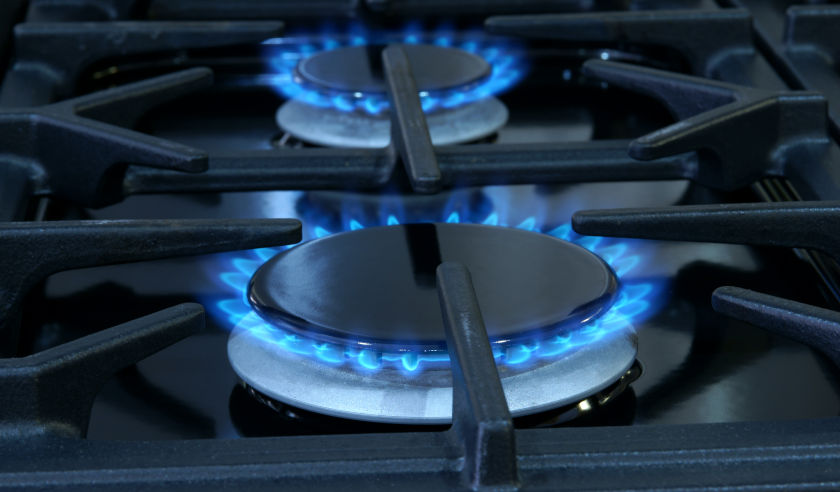
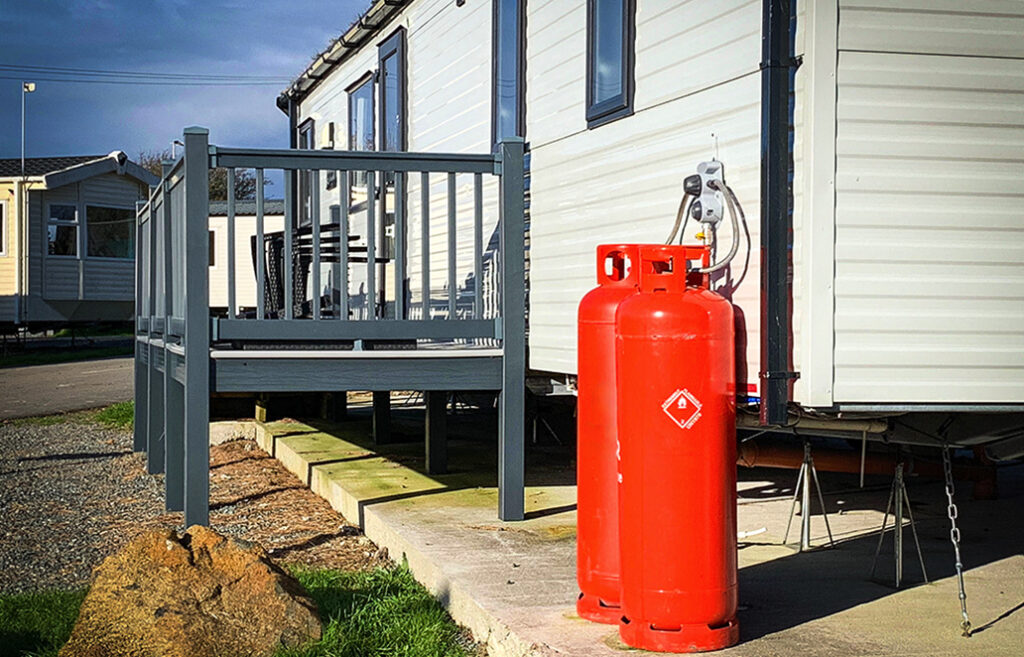
What is Included on a Static Caravan Gas Test?
When a gas engineer uses our test forms they will check the caravan:
- Regulator
- Operating pressure at the appliance
- Ventilation
- Appliance safety devices
- Appliance flues
- Pigtails and hoses
- Flue gas analysis on condensing boilers
- Pipework is not leaking and holds pressure
- Pipework and fittings are suitable (caravan complaint)
- CO detectors
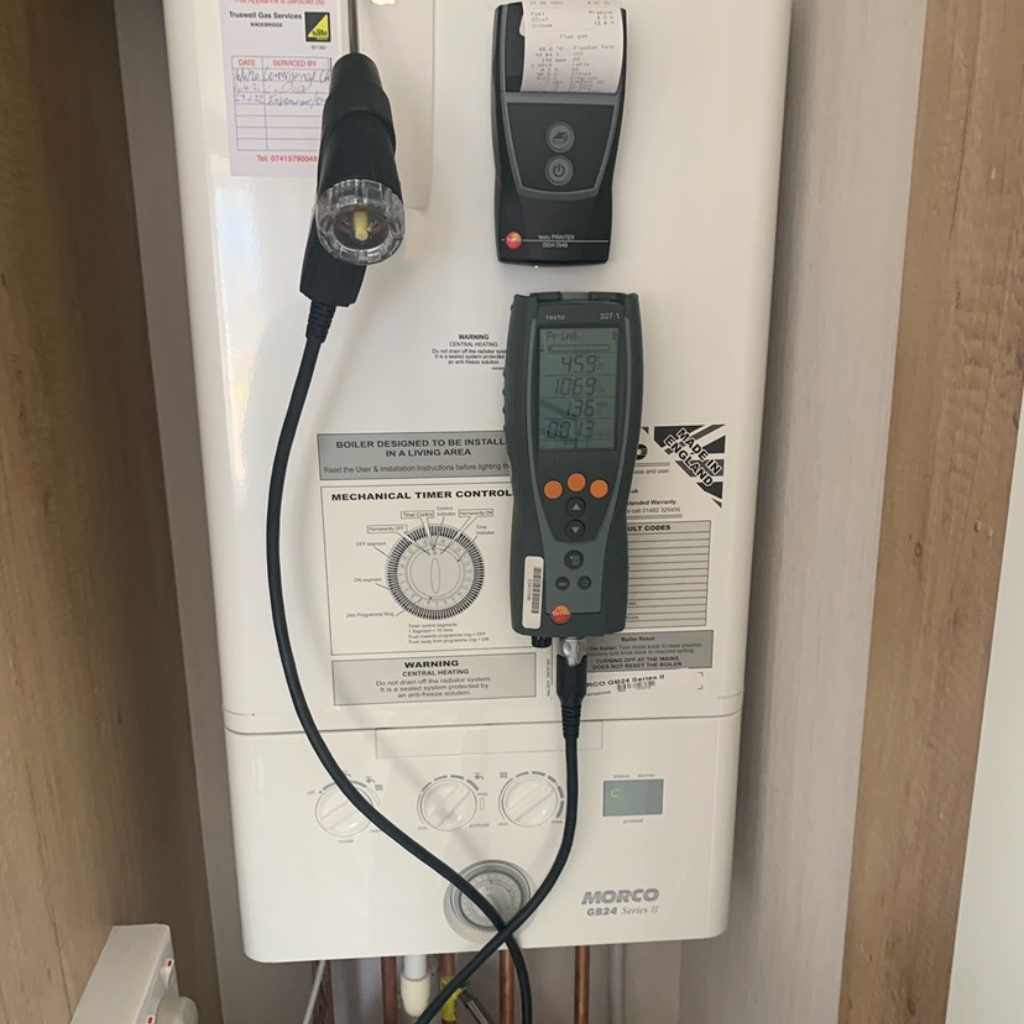
Gas Servicing
Gas appliances should be serviced regularly in accordance with manufacturer’s instructions, this will differ by appliance make and model. The servicing can be documented on our test forms. The safety test may cover some elements of the service check list, following the manufacturers service instructions and cleaning the appliance thoroughly will help to keep it working correctly, mitigate future repairs and prevent gas leaks.
Servicing will prove you are complying with Regulation 36(2) (GSIUR) and maintaining your appliances correctly. A lot of park owners are insisting on annual service records as part of their park rules. We advise servicing to be done at the same time as the safety test to get best value for money.
Gas Safe Register
Under Regulation 36(4) (GSIUR) caravan owners and park operators must ensure any person working on gas is Gas Safe registered and has the appropriate gas qualifications.
The gas engineer must carry their gas safe card at all times. Company and engineer qualifications can be checked online at www.gassaferegister.co.uk.
Engineers working on Static caravans must have the core qualification CCLP1 or CoNGLP1 (for LPG) + LAV & RPH (for static caravans) + the ACS qualification for all the different appliances in the caravan e.g. CENWAT (Central Heating), CKR1 (Cookers), HTRLP2 (Fires).
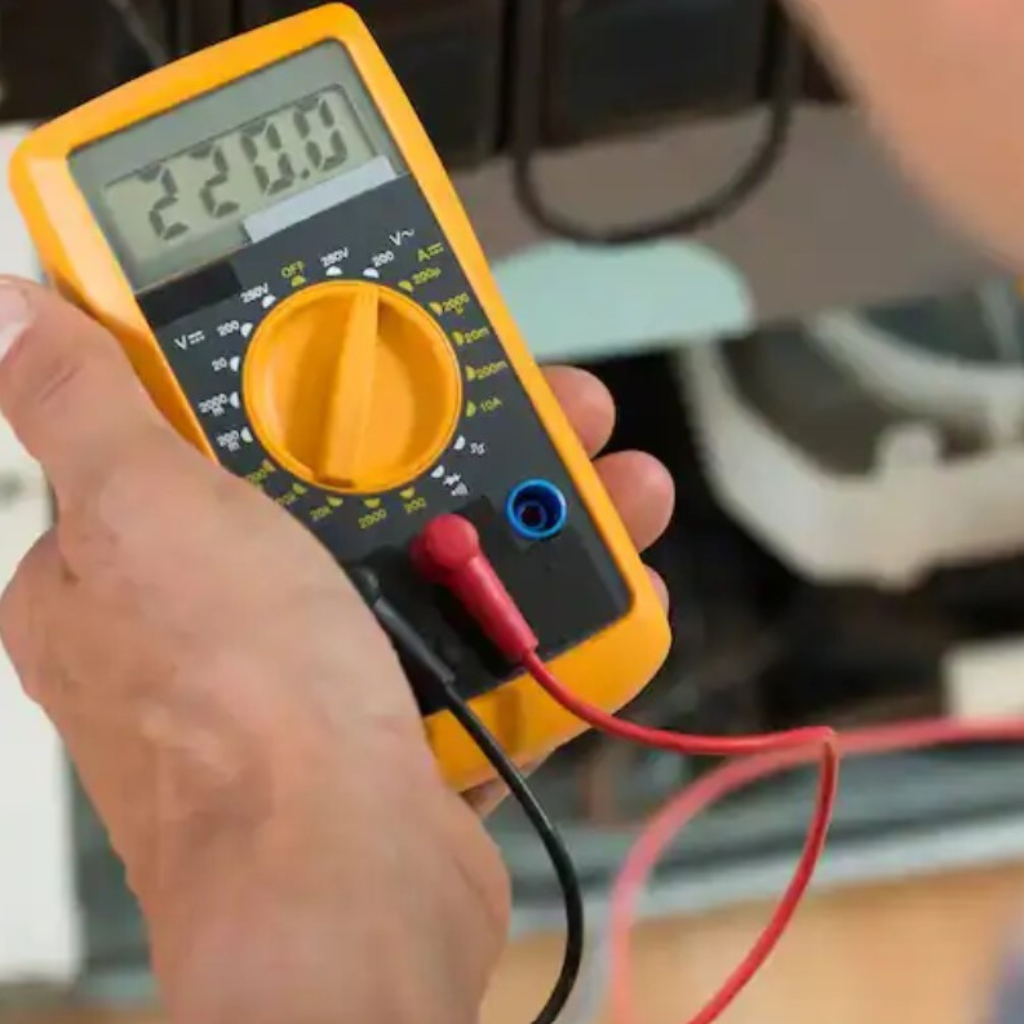
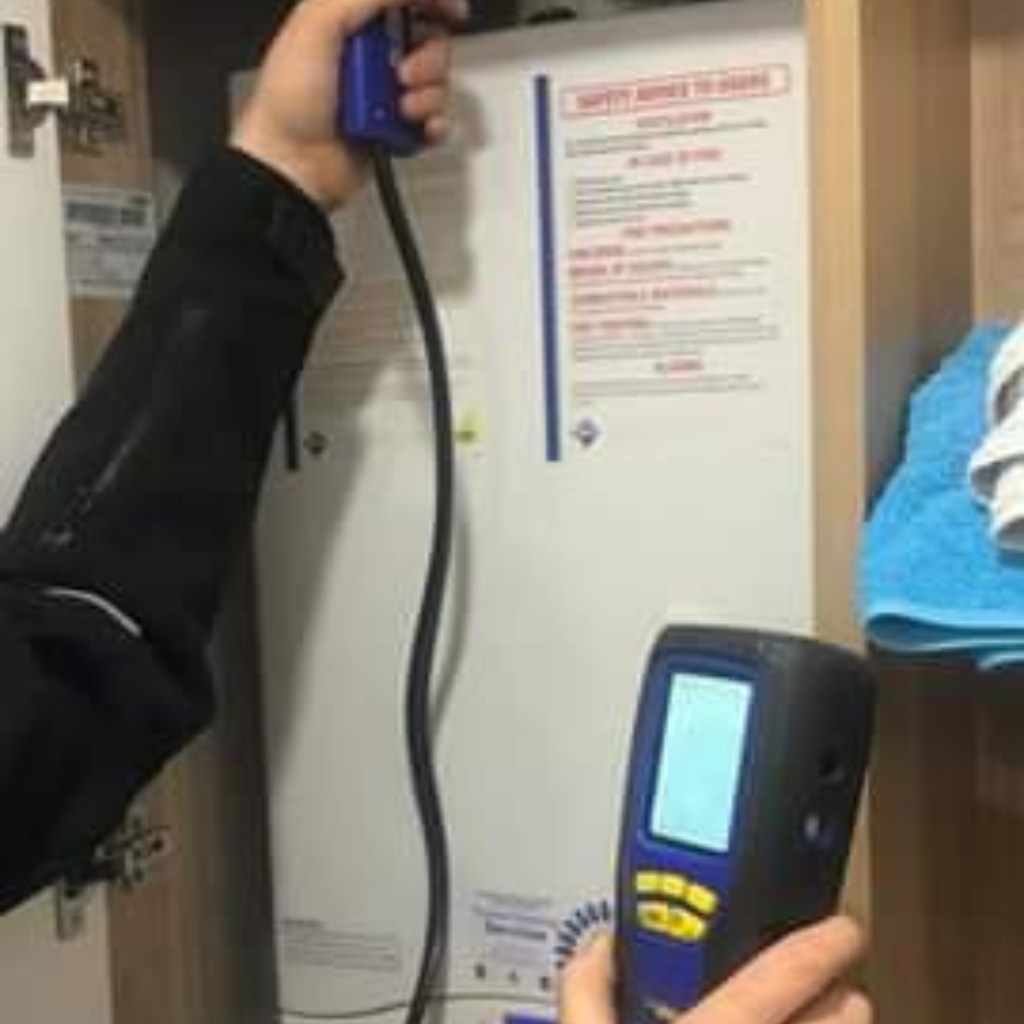
Ventilation
Air vents are sometimes blocked in static caravan holiday homes due to cold air and drafts blowing in, or they are covered over when new carpets or flooring are laid.
Air vents should never be blocked or obstructed, they are there to maintain airflow to gas appliances and allow escaped LPG to sink under and away from the caravan, as well as helping to prevent condensation. A gas engineer will check all air vents are in place and open as part of the gas safety test and record the check on our test form.
Mains LPG
If your static caravan is connected to mains (or bulk) LPG then you should have an individual gas meter housed in a box on your caravan pitch. The supply will either be Low Pressure (LP) or Medium Pressure (MP) depending on the age and design of the LPG supply on your park.
The park operator is responsible for the maintenance of the gas meter box which contains the meter, regulator and any UPSO/OPSO controls. Meters must be replaced every 20yrs to ensure their accuracy.
